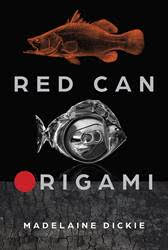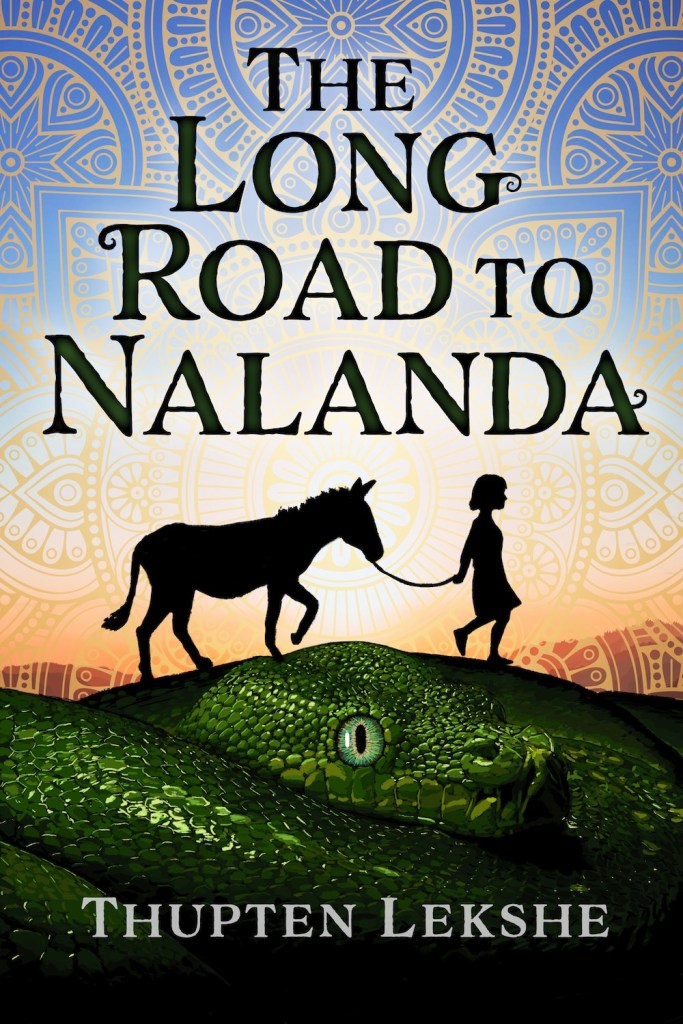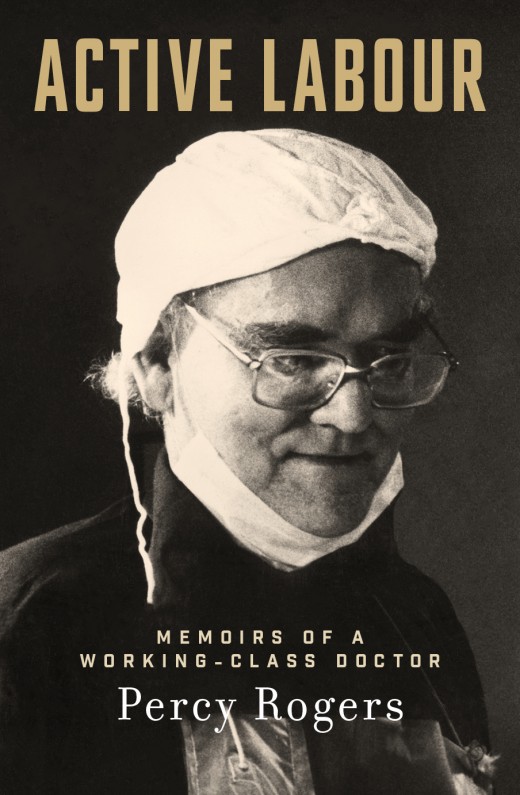
This is the question I’m constantly asked by writers who approach me for an assessment of their unpublished manuscript. It is imperative that a well-crafted manuscript is submitted to publishers or literary agents. Commissioning editors for publishing houses and literary agents will stick around for the first couple of chapters, but if they’re not hooked, or a few red flags […]

As a writing consultant, I consider myself privileged to be asked to mentor writers who are looking for someone experienced in the field of manuscript assessments and editing, and who understands the rocky road that precedes submission to publishers. A successful writing mentor is a trusted resource for those writers who are new to the process and require encouragement to […]

Maybe you are reading this article because you’re almost ready to have the final draft of your thesis or academic book/research paper edited, copyedited or proofread. You have put in the hard yards: read, researched, written, reviewed, revised, rewritten and carefully edited, checking that your arguments and research really get you, logically and clearly, from the aims to the conclusions. […]

Verbs are the engine of writing. When editing or reviewing, I often ask writers of both fiction and non-fiction: ‘Do you think critically about your choice of every verb in every sentence?’ The majority of answers are something like: ‘sometimes’ or ‘I don’t give them much thought because I’m focused on the flow of the sentence’. So many writers are […]

If you’re ready, or nearly ready, to have your writing (fiction or non-fiction, thesis or academic paper) proofread (or lightly edited), then why not contact me with a brief overview of your project and any specific requests for assistance (such as a looming deadline or the need to stop writing!). I understand that it takes courage to hand over one’s […]

Choosing the intimate first-person point of view to write a scholarly book or a fictional narrative is challenging. Point of view (POV) is the perspective from which an author writes a story or presents information. There are three points of view (viewpoints) — the first-person POV (I, we), the second person (you, your), and the third person (he, she, they). […]

Whether you’re writing a crime narrative, Young Adult novel or an academic textbook, the ultimate aim is to create sentences that flow effortlessly so your reader is constantly engaged with the content/narrative. This memento mori still life painting by the seventeenth-century Dutch artist Pieter Claesz is a potent reminder that life is short, but our finest work/s will endure. So, […]

To hyphenate or not to hyphenate? That is the question . . . Joining words with hyphens is becoming less frequent as many are now being fused as they become more well known, such as proofreader and girlfriend. However, when two words together modify another word, they are often hyphenated. For example, in the phrase ‘large-scale installation’, the words ‘large’ […]

Recently, I taught an adult class about classical art and spent time, with my editor’s hat on, explaining the difference between the words ‘classic’ and ‘classical’, and whether to capitalise these words in a sentence. Both words imply that something is of a special class, and refer to high culture, especially the civilisations of ancient Greece and Rome (hence the […]

Although ‘principle’ and ‘principal’ sound the same, as do ‘past’ and ‘passed’, they are often used incorrectly in a sentence. These two pairs of words are called homophones — two or more words that sound the same (identical pronunciation), but have different meanings and sometimes different spellings. The term homophone comes from Greek ‘homo-’ (same) and ‘-phone’ (sound), so the […]













